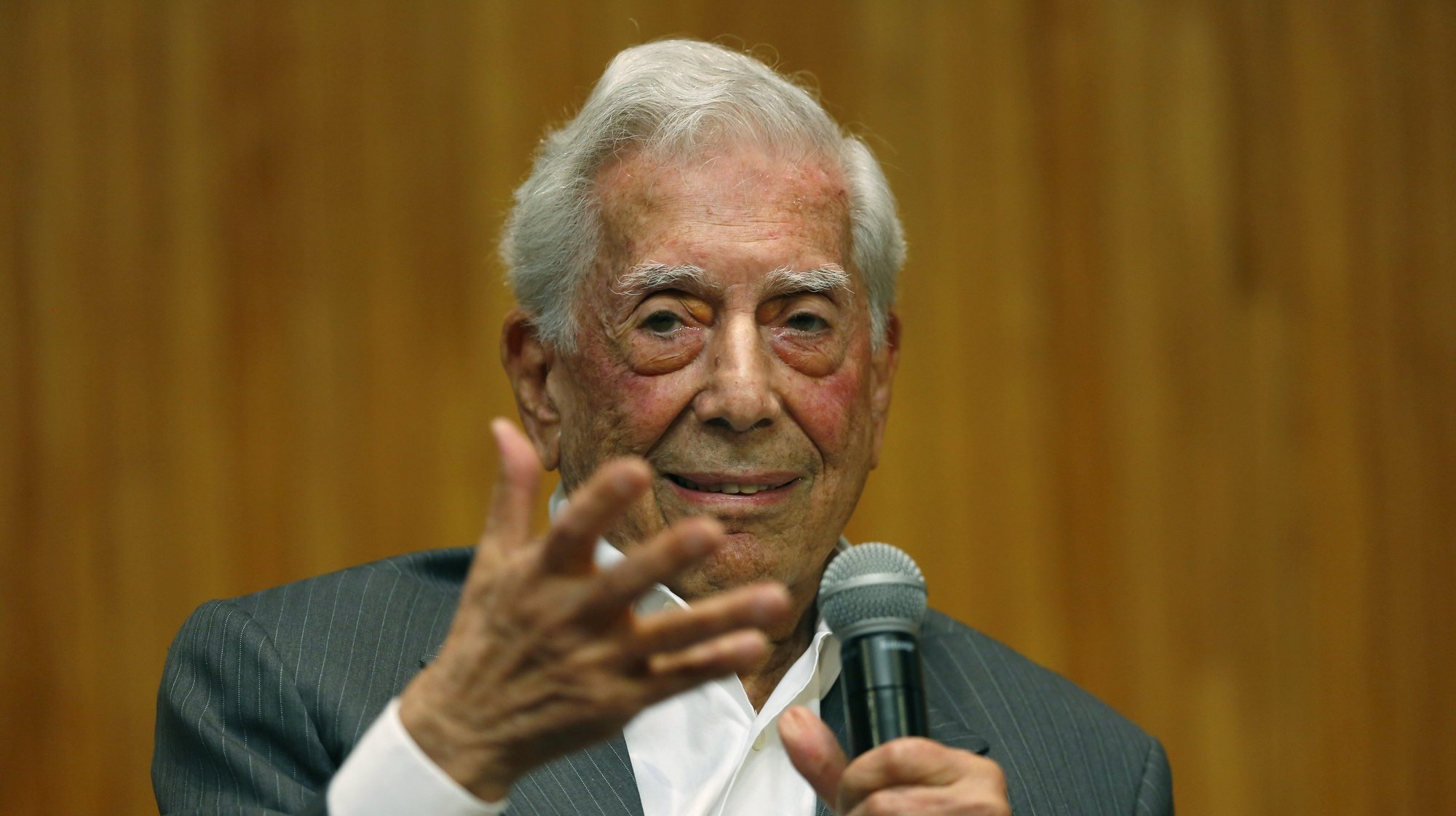In a note at the end of the work, Mario Vargas Llosa, 88, writes: “I think I have finished this novel. Now I would like to write an essay on Sartre.” [o filósofo francês Jean-Paul Sartre]who was my teacher when I was young. It will be the last one I write.”
Released in October 2023, this novel, which Quetzal is now publishing in Portuguese, had its draft completed in Madrid in April 2022, with corrections made by the author until the end of that year.
This was followed by a trip to Peru to visit Chiclayo and Puerto Eten, two of the settings for this story about the redemptive power of music and its beauty.
Two months after publishing this novel, Mario Vargas Llosa, who also writes for newspapers, announced the end of the publication of the opinion columns he wrote for 33 years in the Spanish newspaper El País.
This does not mean that he intends to stop working. On the contrary, as he stated in an interview with the newspaper La Vanguardia: “I will never stop working and I hope to have the strength to do so until the end.”
The Peruvian writer justifies his decision to stop writing novels by admitting that he will not live “long enough to write another book.”
I dedicate my silence to you It is the author’s return to the lands of utopia, using Peruvian Creole music as a common thread to unite the country around a single melody.
With this book, the 2010 Nobel Prize winner for Literature ends his long journey of more than 60 years in the world of novel writing, which began in 1963 with The city and the Dogs.
Set in the early 1990s, during the violent offensive of the communist movement Sendero Luminoso, this story has as its protagonist Toño Azpilcueta, a specialist in Creole music, who discovers a guitarist, Lalo Molfino (character from The Bad Girl’s Pranks), whose talent makes him revive his love for waltzes, marineras, polkas and huainos, genres rooted in the country’s popular music.
But Creole music is not only a trademark of the country, it is much more important, it is an element capable of provoking a revolution, breaking prejudices and racial barriers to unite the entire country.
In this social and political context, music is revealed as a bond that unites a society threatened by terrorism, for which the virtuosity of Lalo Molfino is decisive.
Toño Azpilcueta then decides to investigate the guitarist to discover how he became such an excellent musician, traveling through Peru to his homeland, delving into its mysteries, his family history and his romantic relationships.
“If this novel is Vargas Llosa’s swan song, it is difficult to imagine another that is better. The dream of reconciliation through music,” wrote the author. The Times Literary Supplement.
About this novel, the newspaper said. The Guardian It is “a love letter to Peru and Creole music, the unique mix of European waltzes with Afro-Peruvian and Andean influences.”
Mario Vargas Llosa received nearly a hundred awards and distinctions throughout his career, starting with the Leopoldo Alas Prize in 1959. Among the most important are the Prince of Asturias Award in 1986, the Planeta Prize in 1993, and the Cervantes Prize in 1994, as well as the Nobel Prize in 2010.
He stood out in the literary world with works such as The GreenHouse, Conversation in the Cathedral, The War of the End of the World, Who killed Palomino Molero?, The talker, The Chibo Festival Is Paradise in the other corneramong many other titles.
Source: Observadora
